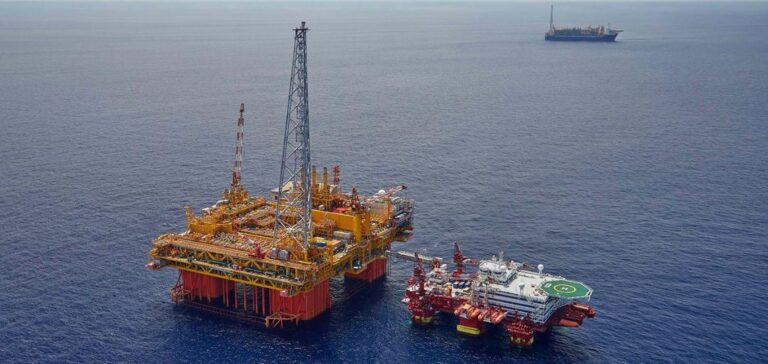Australia unveils new offshore gas exploration licenses for its eastern and western markets.
The initiative is designed to fill anticipated energy supply gaps and support the country’s transition to renewable energy.
As Australia progressively reduces its dependence on coal, gas remains an essential component of this transition. In May, the Labor-led center-left government reaffirmed its support for long-term natural gas development, despite its commitment to achieving carbon neutrality by 2050.
Madeleine King, Minister for Resources, says gas is essential for stabilizing renewable energy production, especially during peak periods.
Intermittent energy sources, such as solar and wind, require stable support to ensure consistent production, and gas plays this crucial role.
Exploration Permits and Environmental Issues
Ten new permits have been awarded to evaluate carbon capture and storage (CCS) techniques.
The decision has drawn criticism, notably from Greenpeace Australia, which sees it as a step backwards in reducing greenhouse gas emissions.
Environmental groups believe that CCS has yet to prove its effectiveness, and could prolong the use of fossil fuels.
The move follows a recent warning from Australia’s competition regulator, which predicts gas shortages on the east coast as early as 2027, a year ahead of schedule.
Although Australia produces more gas than it consumes, most of this production is destined for export.
Safety and Control
The new permits concern companies such as Exxon Mobil, Beach Energy, Chevron, Inpex Corp, Melbana and Woodside, operating in the Otway and Sorrell basins to the east, and other sites to the west.
Madeleine King points out that these permits do not automatically authorize production, and that safety and environmental approvals will be required.
No new seismic studies will be authorized.
Companies will have to base their explorations on existing data, thus minimizing environmental impacts.
The aim of these explorations is to supply gas to the domestic market.
The aim is to strengthen domestic energy security while enabling an orderly transition to renewable energies.
This initiative by the Australian government illustrates the challenges and trade-offs involved in navigating the energy transition.
Current reliance on gas as a transitional solution, energy security imperatives and environmental concerns create a complex balance that Australia must carefully manage.






















